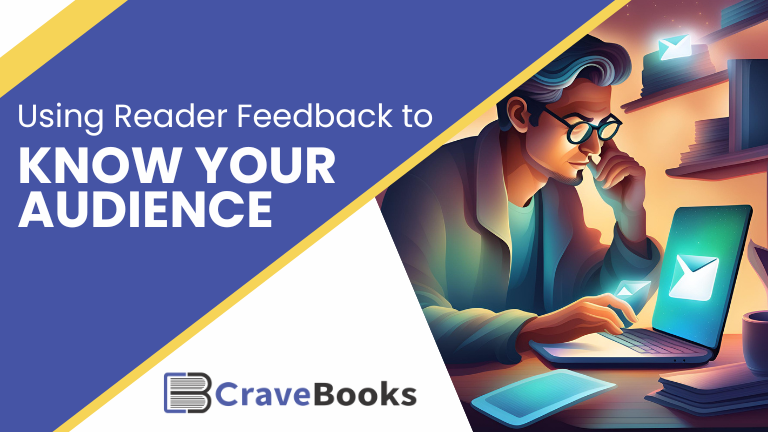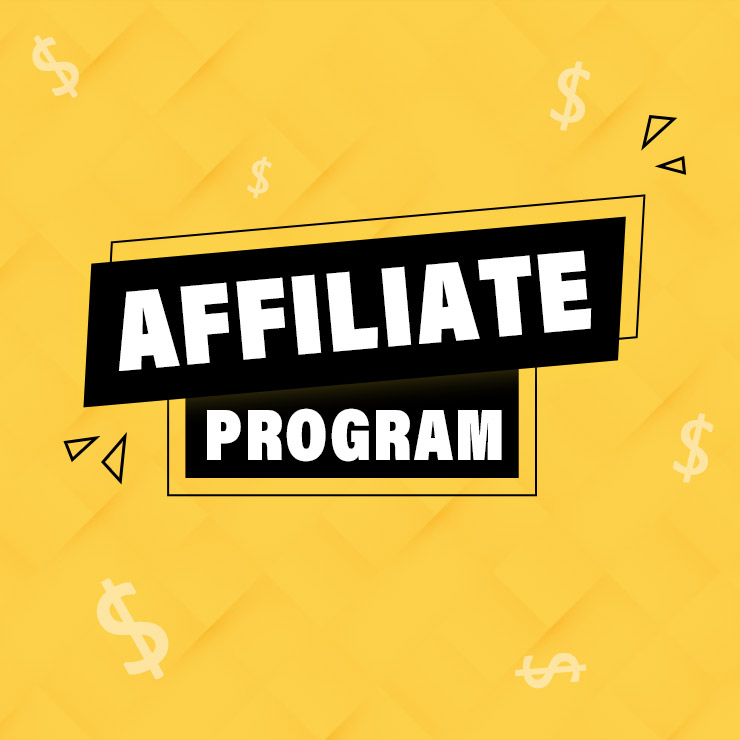For effective book marketing, it’s crucial that you know your audience as well as you possibly can, and one research method is to go directly to the source – your current readers. By studying reader feedback, you can glean details about where they discover new books, what they look for when choosing a new read, what they love in their favorite books, and so much more. This information is invaluable to creating and executing a successful book marketing plan.
Know Your Audience by Studying Your Readers
There are numerous ways to learn more about your current readers and collect reader feedback. Below are some ideas. Before you start, be sure to take off your writer hat and put on your objective data-collector hat. You need to separate yourself from the emotions and observe what you find without bias.
- Study reviews. Not just the five stars or the one stars. In fact, the three stars often provide the most valuable information and insight to know your audience. You’re not only looking for how you might be able to improve your next book – what to keep and what to do differently – but also any information about how they found your book, whether they’re avid readers of the genre or toe-dippers, why they chose your book to spend their time and money on, their expectations going in and how those expectations were met (or not), etc.
- Learn more about the reviewers. Take the above a step further, and click through reviewers’ profiles to see what other books they loved and why, especially the five and one stars. The profiles of those who gave you five stars can provide insight into commonalities with the other books they love, giving you good info and keywords to work with for your marketing. Those who gave you one star can inform you why your book was not for them, allowing you to see what not to focus on in your marketing. That said, a lot of times, what 1-star reviewers hate about your book is exactly what your fans love about it – so watch for those connections as well.
- Study other authors and books your fans love. Taking the above even another step further, click through to the other books the reviewers loved and study those reviews and the authors who wrote them. Again, you can glean details and keywords to use in your marketing, as well as tropes to include and/or questions to answer in your next book.
- Create a survey for your readers. There are many services available to create a survey that lets you go deeper in learning about your readers. Share it in your author newsletter and your reader group.
- Do regular polls with your readers. If creating an in-depth survey doesn’t resonate with you, consider doing one-question polls in your newsletter or reader group on a regular basis. You can do this as an official poll where the responses are calculated or as a simple question with answers provided in comments or as a reply to your newsletter.
- Answer your fan mail and include engaging questions. Give readers a way to reach out directly to you and then be sure to reply to their emails and messages. When you do, you can use it as an opportunity to get to know them better. They will enjoy the interaction with an author they love, and you can learn more about them.
- How to Get Reader Feedback When Your Book Isn’t Out Yet
At first glance, the above ideas may sound great for authors who already have at least one book published, but what if your book isn’t out yet? You can still discover a lot about your future readers by tweaking the above suggestions.
- Start building your online platform immediately. If you haven’t already started building your online author platform, there’s no time better than now. The sooner you start, the bigger it will grow by launch, giving you a head start. We’ve provided many ideas to build your author platform here. As you gain followers and group members, you can then implement the questions and survey ideas above.
- Start building your email list. Just like your online platform, there’s no better time than now to build your email list, if you haven’t already. Create your reader magnet and start promoting it while you’re still finishing your book and preparing it for publication. Once your email marketing is in place and your list is growing, you can get to know those who are already interested in your book, adding to the data you’re collecting to know your audience better.
- Refer to other books and authors in your sub-genre. You may not have reviews yet yourself, but you can look at other books and authors in your sub-genre. Get as specific as possible in the sub-genres to really understand readers of your specific niche. If you enjoyed those books, you can also join the authors’ reader groups and get to know other book lovers in your niche. You not only learn more about your future readers, but you can make real friends and become a part of a community.
You can do all kinds of research on the internet to learn basic reader stats, but getting to know your audience through reader feedback can provide you the specific details you need to create accurate reader personas and maximize your marketing efforts. That said, be aware that you’re likely getting information from a very small pool of your readers. The vast majority of those who buy and love your book don’t leave reviews, join online groups, or subscribe to newsletters. So the information you get from these readers may be somewhat skewed.
This caution is not to dissuade you from gathering reader feedback – what you will learn outweighs the cons – but keep it in mind if a marketing technique doesn’t go the way you expected, even with all the research you’ve done. And know that you’ve at least approached your book marketing from a place of knowledge, rather than thinking you have an idea of who your reader is but not really knowing them.




